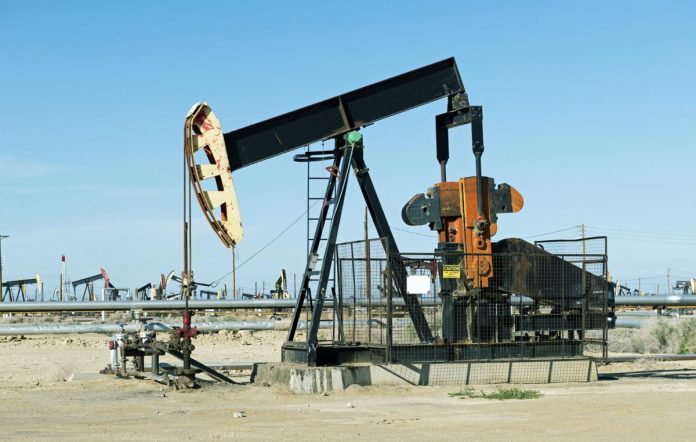LONDON: Oil prices rebounded on Tuesday as robust data from China offset returning supply in Norway, the Gulf of Mexico and Libya.
Brent crude futures were up 66 cents, or 1.6pc, to $42.38 a barrel at 1329 GMT. US West Texas Intermediate (WTI) crude futures rose 77 cents, or 2pc, to $40.20 a barrel.
China, the world’s top crude oil importer, took in 11.8 million barrels per day (bpd) of oil in September, up 5.5pc from August and up 17.5pc from a year earlier, customs data showed.
“Currently, oil demand is driven primarily by China,” Commerzbank said.
The International Energy Agency (IEA) – which advises Western governments on energy policy – said in its World Energy Outlook that in its central scenario a vaccine and therapeutics could mean the global economy rebounds in 2021 and energy demand recovers by 2023.
“The era of global oil demand growth will come to an end within the next 10 years, but in the absence in a large shift in government policies, I don’t see a clear sign of a peak,” IEA chief Fatih Birol told Reuters.
The Organization of the Petroleum Exporting Countries (OPEC) also forecast a slower demand recovery on Tuesday.
In a monthly report, it said oil demand will rise by 6.54 million bpd next year to 96.84 million bpd, 80,000 bpd less than expected a month ago.
Social restrictions were being tightened in Britain and the Czech Republic to battle rising cases of Covid-19, and French Prime Minister Jean Castex said he could not rule out local lockdowns.
On the supply side, workers have been returning to U.S. Gulf of Mexico platforms after Hurricane Delta and Norwegian workers to offshore rigs after ending a strike.
OPEC member Libya on Sunday also lifted force majeure at its Sharara oilfield.
Libya’s total output on Monday was expected to hit 355,000 bpd while a full return of the 300,000 bpd Sharara field would nearly double that.




